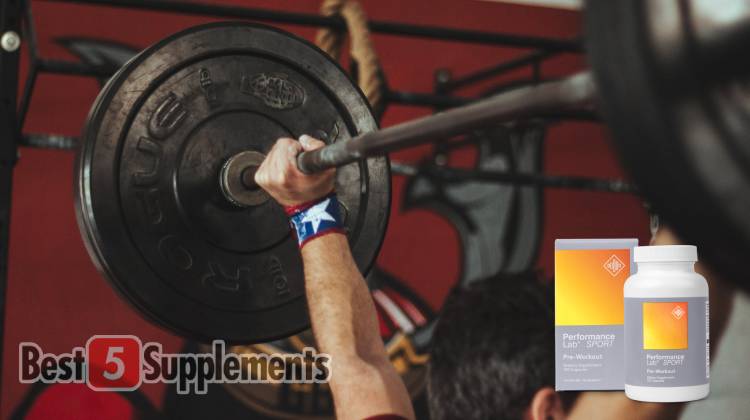

If you have questions on starting a supplement, seek guidance from a Registered Dietitian. Dietary supplements have the risk of being contaminated by banned substances. It is important to use caution with any sports supplement you are looking at taking. If you are using a pre-workout supplement as your source of beta-alanine, evaluate if the quantity contained in the supplement is sufficient to increase muscle carnosine levels as discussed above. Thus, if you are experiencing an itching or tingling sensation after taking your pre-workout supplement, it is likely related to the beta-alanine content. Some pre-workout supplements may contain up to 4 grams of beta-alanine per serving. The amount of beta-alanine included in the supplement varies widely by brand. Many pre-workout supplements contain beta-alanine as an ingredient 1. Why is My Pre-Workout Supplement Making Me Itch? However, it is important to be aware that research on long-term supplementation (>12 months) of beta-alanine is lacking 1. There is also currently no evidence to suggest the paresthesia effect is harmful. As previously discussed, higher doses of beta-alanine are more likely to cause paresthesia. Thus, experiencing tingling or itching sensation is not a sign the supplement is working. Not all individuals who take beta-alanine as a supplement experience paresthesia 1. Does Beta-Alanine Itch Mean It’s Working? A sustained-release formula can help minimize the paresthesia side effect 1.


Another option is the use of a sustained-release beta-alanine supplement. To reduce paresthesia, athletes can take several smaller doses of beta-alanine (0.8-1.6 g or less) every 3-4 hours throughout the day 3.

Higher doses of beta-alanine are more likely to result in the itching or tingling effect than lower doses. The paresthesia sensation experienced with beta-alanine supplementation is commonly related to the dose. Typically, the paresthesia does not last long, going away 60-90 minutes after the supplement is taken 1. Individuals commonly feel the paresthesia sensation from the beta-alanine on the back of the hands, face, and neck. Athletes may describe this as a “pins and needles” feeling. Paresthesia is an itching, tingling, or prickling sensation athletes feel on the skin. The most common side-effect related to beta-alanine supplementation is paresthesia. Now that you understand why beta-alanine is taken as a supplement, let’s discuss why it may make you itch. For example, to get 6.4 grams of beta-alanine from chicken breast, an individual would need to eat 3.5 pounds (1.6 kg) of chicken 4. Unfortunately, the amount of beta-alanine in protein-rich foods is minimal compared to the suggested supplementation regimens for beta-alanine. Protein-rich foods, such as chicken, turkey, red meat, pork, and fish, all contain beta-alanine. In addition to being produced by the liver, we also get beta-alanine from the food we eat. This supplementation regimen should be done daily for at least 2-4 weeks 3. To increase carnosine concentrations in muscle tissue, research suggests athletes should consume 3.2-6.4 g/day of beta-alanine. Buffering against changes in muscle pH can have a beneficial impact on performance, particularly in short-duration exercise lasting 0.5-10 minutes 3. Performance Benefits of Beta-Alanine Supplementationĭuring high-intensity exercise, carnosine serves as a buffer to the build-up of lactic acid in the muscle. Therefore, b eta-alanine is considered to be the rate limiting factor for the formation of carnosine in the muscle 2.Ĭonsequently, supplementing with beta-alanine provides the muscle tissue with the limiting amino acid needed for carnosine to be formed. Muscle tissue has high concentrations of L-histidine, the other amino acid needed to form carnosine, but low concentrations of beta-alanine. The goal of beta-alanine supplementation is to increase the muscle concentration of carnosine. In the body beta-alanine combines with another amino acid, L-histidine, to form carnosine 1. What is Beta-Alanine?īeta-alanine is a non-essential amino acid the body produces in the liver. Then we will examine why beta-alanine may be making you itch. Let’s first take a look at what beta-alanine is and why it is used as a supplement in sport. Have you ever taken a supplement containing beta-alanine and started to itch or tingle? You may have wondered what’s going on and is this normal.


 0 kommentar(er)
0 kommentar(er)
